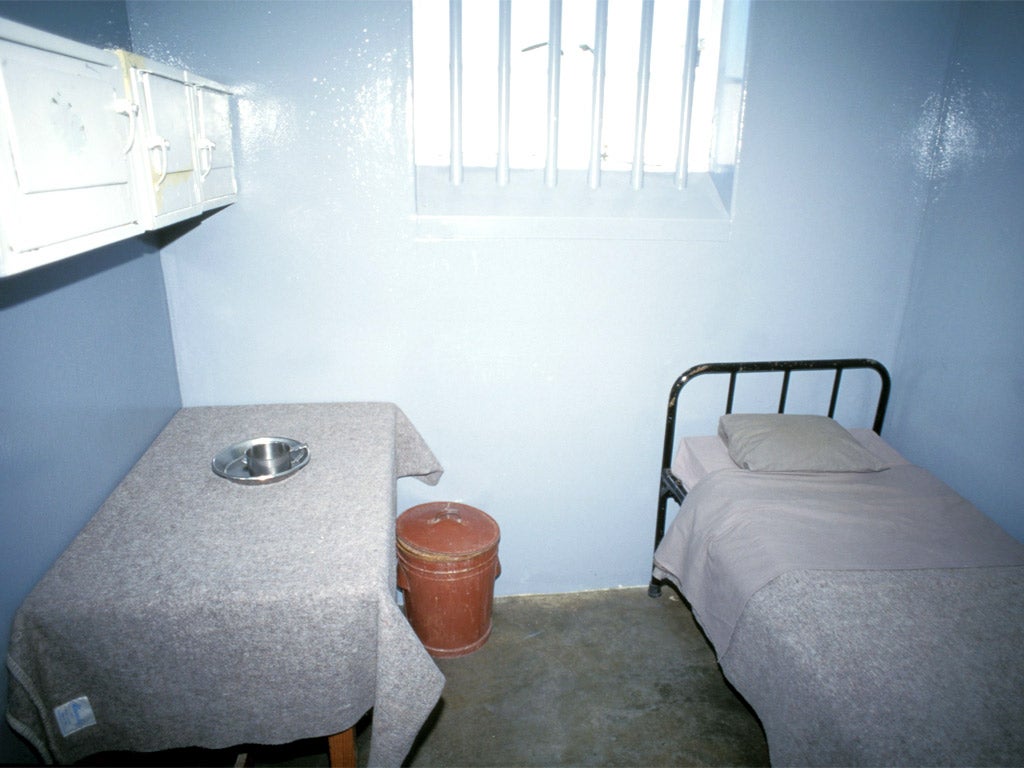As Afrikaners we were scared of what Mandela would do to us – how wrong we were
He paid attention to the history of which Afrikaners felt proud

When I grew up, in the 1960s, the name Nelson Mandela never featured in our Afrikaner home.
Feelings of racial superiority precluded any thought that a remarkable or successful black leader might exist. If a banned name slipped through in the liberal press, it was assumed that either the liberals or the regime were secretly “using” him. It was simple: there was no agency to praise or respect in black people. One just had to outwit their numbers.
In contrast, I knew the names of Afrikaner “traitors” by heart: those who betrayed us during the Anglo-Boer War and those who later joined the “terrorists and communists” against apartheid. Conversations among grown-ups often dwelt on the terrible fates of traitors.
However, as the anti-apartheid struggle grew in intensity, certain names kept recurring. Thus Mandela, a name shouted during torture, or celebrated in underground songs and poetry, became a metaphor for hope and terror in the psyche of South Africans long before he became a person or president of the people.
As information (illegal before 1990) about his refusal to barter his own freedom before his people were free began to do the rounds, Afrikaners began to recognise in him what they respected most in their own history: a person who was prepared to take on a mighty empire for the freedom of his people.
Afrikaners uneasily began to suspect that Nelson Mandela was “like them” and would therefore definitely do unto them what “they” had done unto him.
Three consecutive polls in the 1980s showed that four-fifths of Afrikaners believed that under black majority rule there would be serious reverse “discrimination” extracting that which had been taken from blacks.
By the end of the 1980s, only 1 per cent of Afrikaners wanted Nelson Mandela in power. How thoroughly absent the physical Mandela was to all ordinary citizens was best illustrated six months before his unexpected release.
In the most rural of Afrikaner towns I received an anonymous phone call to go a particular hawker stall. I recorded in my diary: “There they hung – T-shirts flapping cheerily in the breeze, sporting a face with a beard and a parting creased into his hair.
“Above the face, the words: ‘I have cherished the ideal of a democratic and free society. Cde Nelson Mandela.’ I became aware of the many black faces around me. We stared. Was this him; what he looked like?
The man who had been just a name, a vehicle of dreams, had acquired today, for us on this dusty rural pavement, a face and a voice.
After Mandela’s release, he skilfully used the deep attachment of Afrikaners to their history, language and favourite sport, rugby. He condemned apartheid as a crime against humanity, but condoned Afrikaner nationalism as a legitimate indigenous movement against colonialism.
He would mention the famous Boer General Christiaan de Wet in the same breath as Afrikaner communist Bram Fischer. He would open parliament with an Afrikaans poem, but chose a text which affirmed this cult Afrikaner poet’s anti- apartheid stance.
He paid attention to the history of which Afrikaners felt proud and offered alternatives for that part of which they felt ashamed, and Afrikaners found themselves captivated into a state of “charismatic bewilderment” as one Afrikaner left-wing politician called it.
The consistency of his gestures towards Afrikaners indicated more than mere political manoeuvrings. He was bringing a sense of the collective which opened up new possibilities of survival for Afrikaners who felt under threat.
A memorable scene played itself out in a final confrontation between Mandela and three Afrikaner Defence Force Generals. The generals described their impressive, well-equipped army, indicating readiness to fight a war indefinitely. Mandela conceded to their strength, but after sketching their victory as of little worth to either side, suggested negotiations to become part of something larger. This counter-intuitive alternative changed the course of South Africa’s history.
Why was it Mandela and not the generals who came up with the suggestion? The philosopher Njabulo Ndebele has suggested that the generals could not think about negotiations, because they had been “socialised to defend white privilege”, which prevented them from imagining a common interest with “outsiders”.
In contrast, Mandela’s innate sense of the collective enabled him to formulate a vision of mutual dependency which included Afrikaners in its articulation.
After all, a leader could only step down, if he truly believed that the collective ruled.
Mandela’s collectiveness also worked on another, more disruptive level. To insist that one was embedded in one’s community was to impress on the world that one was not an exception: if I am remarkable, so is the black community, so is South Africa.
Despite Mandela’s efforts, many Afrikaners baulked at suggestions of being connected to all black people – preferring to treat the man who changed South Africa’s status from polecat to crown prince, as a unique individual and an exception.
This is the main reason why they feared his death. Mandela was for them the only worthwhile product ever produced by Africa.
Through him they could belong. But he was an exception. His death severs their tenuous link to the continent after which they so passionately named themselves and their language, but which they, deep down, despise.
Antjie Krog is a poet, writer, journalist and extraordinary professor at the University of the Western Cape. Her non-fiction books include ‘Country Of My Skull’, about the South African Truth and Reconciliation Commission.
Join our commenting forum
Join thought-provoking conversations, follow other Independent readers and see their replies
Comments
Bookmark popover
Removed from bookmarks